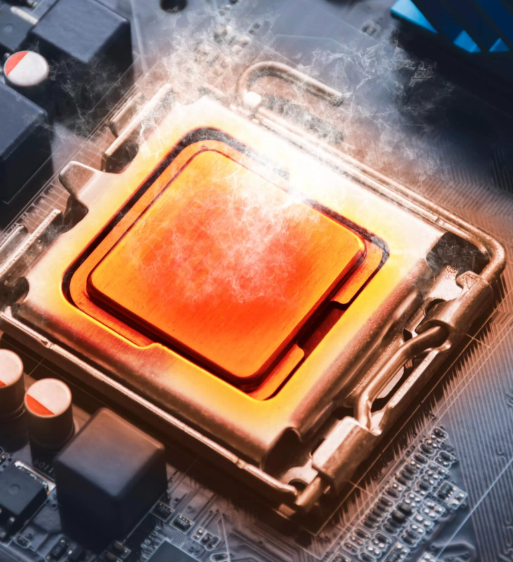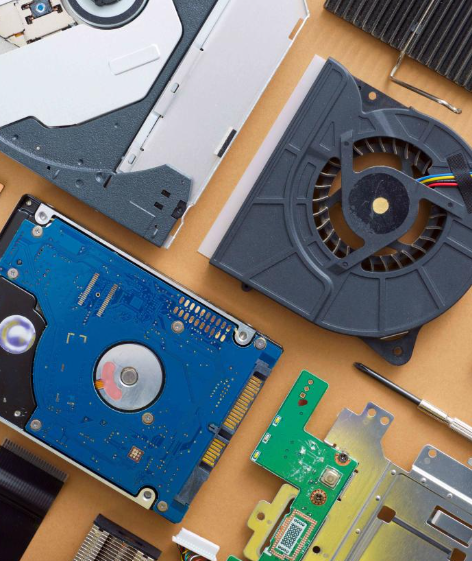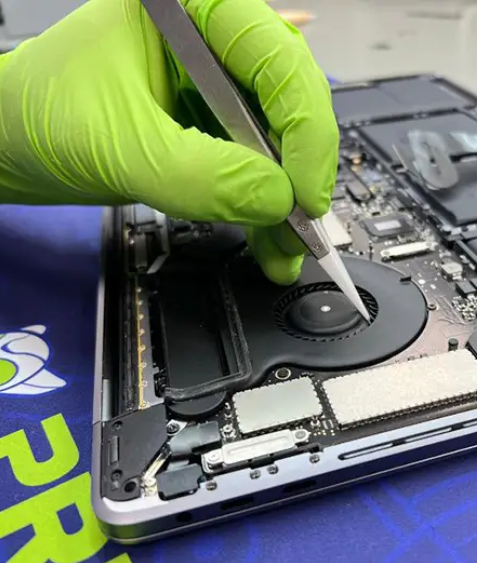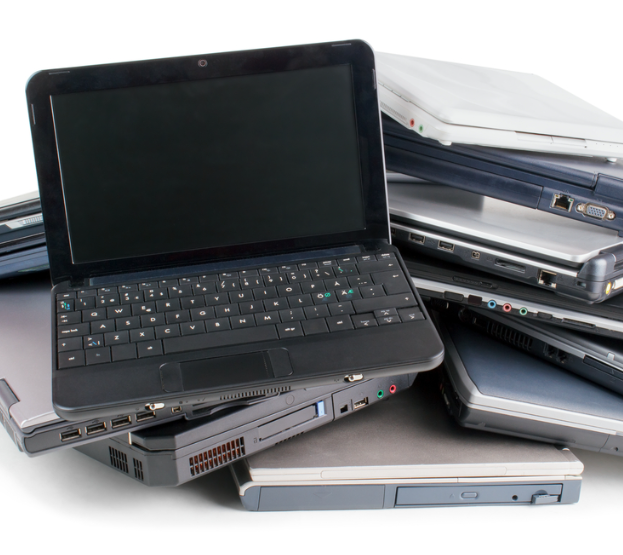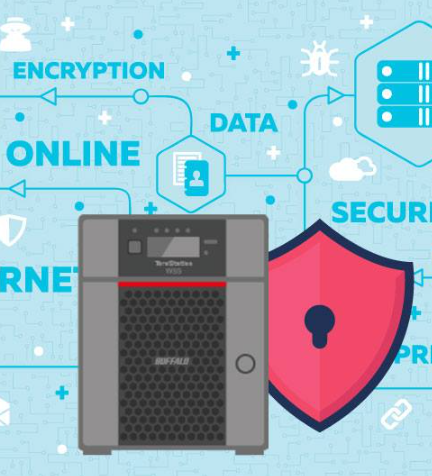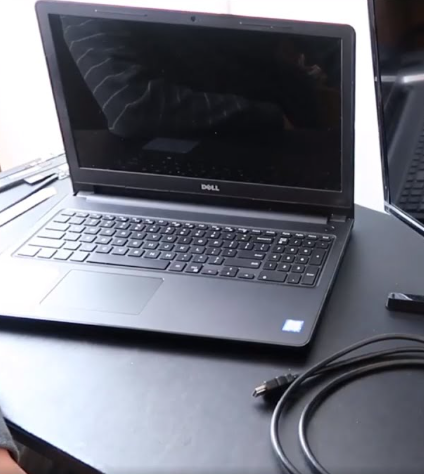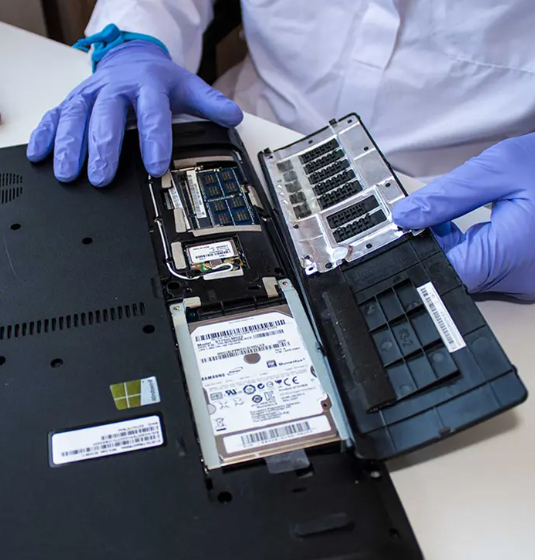
In today’s tech-driven world, upgrading our devices is often seen as the easiest solution when something goes wrong. However, before opting for a new computer, it’s worth considering the environmental impact of replacing rather than repairing. Repairing your computer not only extends the life of your device but also plays a significant role in reducing electronic waste (e-waste) and conserving resources.
The Growing E-Waste Problem
E-waste is rapidly becoming one of the largest waste categories globally. In 2022 alone, 62 million metric tons of e-waste were generated, and that number is expected to rise to 82 million metric tons by 2030. The staggering amount of electronic waste produced each year is compounded by the fact that the majority of it is not recycled properly, leading to environmental harm.
When e-waste is improperly disposed of, harmful substances like lead, mercury, and cadmium can leak into the environment, contaminating soil and water. Furthermore, workers involved in informal recycling practices are often exposed to toxic chemicals that cause serious health risks. As much as valuable materials such as gold and copper are present in e-waste, they are often lost due to poor recycling processes.
Repairing vs. Replacing: The Sustainable Choice
By opting to repair your computer, you directly help in reducing the growing e-waste crisis. Repairing a malfunctioning computer rather than buying a new one prevents valuable materials from ending up in landfills. In addition to saving raw materials, repairing your device reduces the need for energy-intensive manufacturing processes and harmful emissions associated with creating new electronics.
For example, repairing issues like a cracked screen or replacing a hard drive can significantly extend the life of your computer without contributing to e-waste. By opting for a repair, you also lower your carbon footprint because there’s no need to transport a new computer and dispose of the old one.
Choosing to repair promotes a more sustainable, circular economy. Instead of contributing to a linear model where electronics are used and then discarded, repairing supports the reuse and prolongation of existing devices.
The Environmental Advantages of Repairing Your Computer
Repairing your computer rather than replacing it offers several environmental benefits, including:
- Conserving Resources: Manufacturing new computers requires vast amounts of raw materials such as metals, plastics, and glass. Repairing helps preserve these valuable resources.
- Reducing Pollution: The production of electronics is associated with harmful chemicals and pollution. Repairing helps reduce the demand for new devices and the environmental impact of their manufacturing processes.
- Decreasing Carbon Footprint: By keeping your device in use longer, you avoid the emissions that come from manufacturing, shipping, and disposing of electronics.
The Added Benefits of Repairing Your Computer
Beyond the environmental impact, repairing your computer offers several practical advantages:
- Cost Savings: Repairing a malfunctioning computer is often much more affordable than buying a new one, especially with the rising costs of technology. Replacing specific parts can restore the functionality of your device at a fraction of the price of a new one.
- Data Preservation: Repairing your device allows you to retain all your important files and data without the hassle of transferring everything to a new computer. This ensures a smooth transition without risking data loss or complications.
- Support for Local Businesses: By choosing to repair locally, you’re contributing to the local economy and supporting small businesses. Local repair shops, like Downtown Computer Services, provide personalized service and foster relationships with clients, ensuring your needs are met efficiently.
When Is It Time to Replace Your Computer?
While repairing is often the more sustainable choice, there are times when replacement may be the only viable option. Here are some signs that it might be time to invest in a new device:
- Technological Obsolescence: As software and operating systems evolve, older computers may become incompatible with the latest updates, making repairs ineffective.
- Significant Physical Damage: If your computer has sustained severe damage that would be too costly to repair, replacing it might be the more practical choice.
- Outdated Components: Some components of older computers may no longer be supported by manufacturers, making repairs difficult or impossible.
- Continuous Issues: If you’ve repaired the same issue multiple times and the device still struggles to perform, it might be time for a replacement.
Responsible Recycling Practices
If your computer is truly beyond repair, it’s essential to dispose of it responsibly. Many manufacturers offer take-back programs for recycling, or you can find certified e-waste recyclers in your area who will ensure that your device is dismantled and processed correctly. Proper recycling ensures that hazardous materials are handled safely and that valuable resources are recovered. If the device still functions, consider donating it to a charitable organization or school where it can be refurbished and given a second life.
Conclusion
The environmental impact of repairing versus replacing your computer cannot be overstated. By choosing to repair, you contribute to the reduction of e-waste, conserve valuable resources, and help decrease pollution. Beyond environmental benefits, repairing your computer offers cost savings, protects your data, and supports local businesses. When you do need to replace your device, make sure to dispose of it responsibly through recycling programs.
By making thoughtful decisions about repair and recycling, you play a part in creating a more sustainable future. Repair, don’t replace—make a difference for both your wallet and the planet.
























